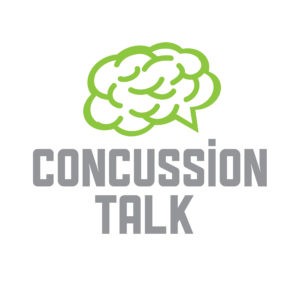Thank you for sharing your story Ryan Seguin! Ryan is a student at the University of Ottawa and had two concussions while playing midget AAA hockey. I will let him tell you the rest. He has written a helpful article about how he dealt  with his concussion symptoms at university.
by Ryan Seguin
As a competitive hockey player, I sustained two documented concussions. I got my first concussion in February, at the end of my hockey season. After a couple weeks of resting, the symptoms resolved and I was back to my normal routine. My second concussion was a different story. Concussion #2 happened in October; when I was in my final year of midget AAA hockey. I was also in grade 12 at the time. When my symptoms didn’t go away after a few months, my hockey career was over and I was forced to take time off school. My final year of high school was very challenging as I was dealing with severe headaches, light sensitivity and great fatigue. Luckily, due to outstanding support from my guidance counselor and teachers, I was able to graduate and, like many others, off to pursue university studies in the fall.
I definitely had many doubts going to university while still suffering from my concussion symptoms. For starters, I was worried that I wouldn’t be able to handle the heavier workload. In order to be able to succeed in university, I was definitely going to have to change my routine. I would not be able to miss an entire month of school like I had done in high school! Here are a few things that I discovered, that hopefully could help others who are in a similar situation. Firstly, university courses typically have fewer in-class hours and are more spread out than high school courses. Frequent naps between courses and labs were a huge help for me! Secondly, many universities are accommodating to students with disabilities. Find out what help is available at your university! For example, at my university, Profs will often record lectures for students who need special accommodations. In my case, listening to class audios in the comfort of my dorm room brought on significantly fewer symptoms than physically attending the class would have. Thirdly, concussions and stress typically don’t go well together, so when it came to exams, studying ahead of time made it easier than trying to cram a few days before the exam (this definitely wasn’t easy to do!). Lastly, as hard as it can be to miss out on some social events while in school, this is often necessary as school is already challenging enough without the added symptoms brought on by a night out with friends. Getting a good night sleep makes going to class and studying much easier when dealing with symptoms of concussion.
These were just a few adjustments that I made to help me get through school. But most importantly, always follow up with a medical professional to review your situation and come up with the best plan of action.
